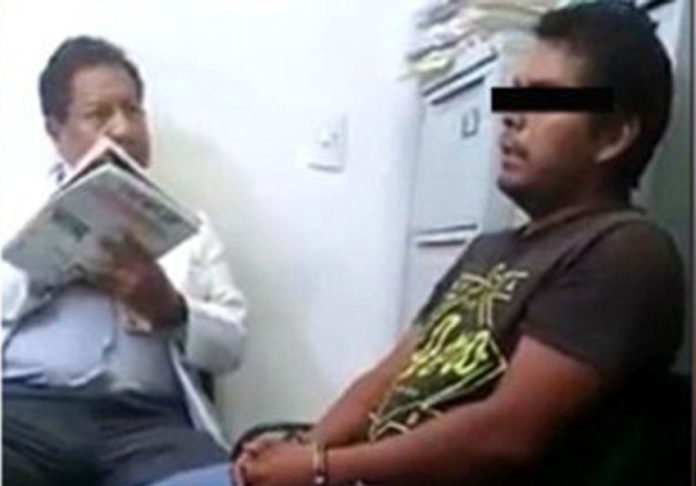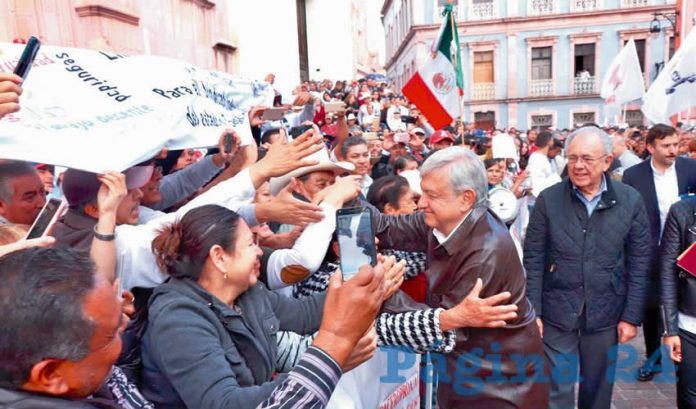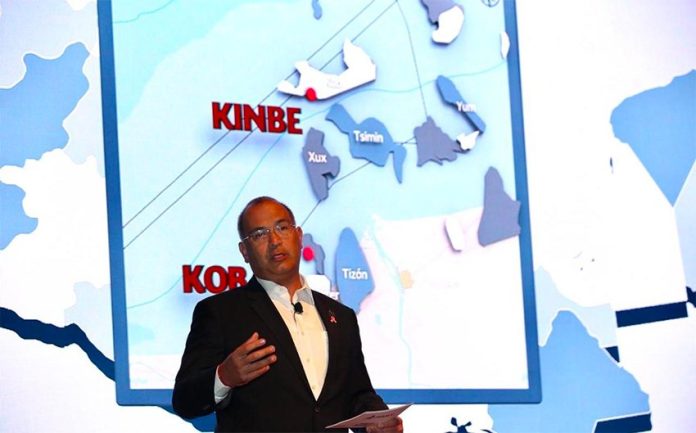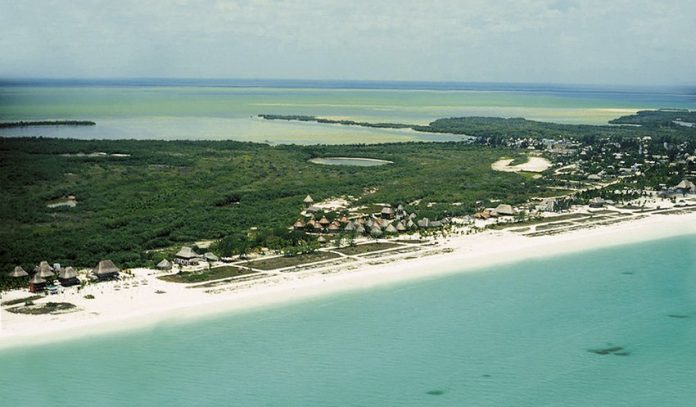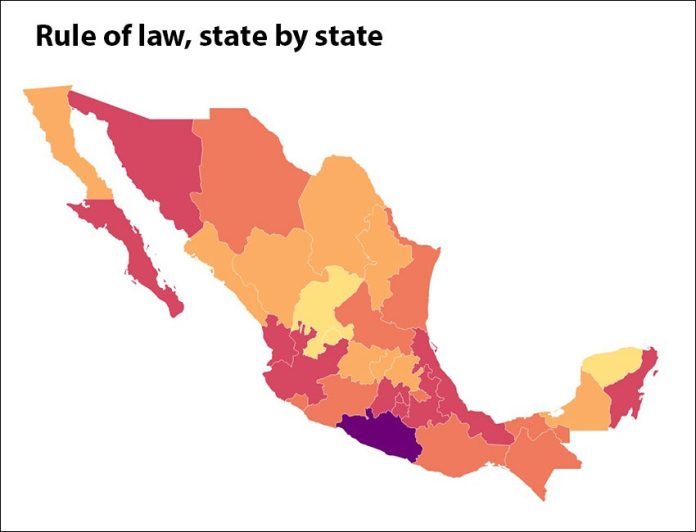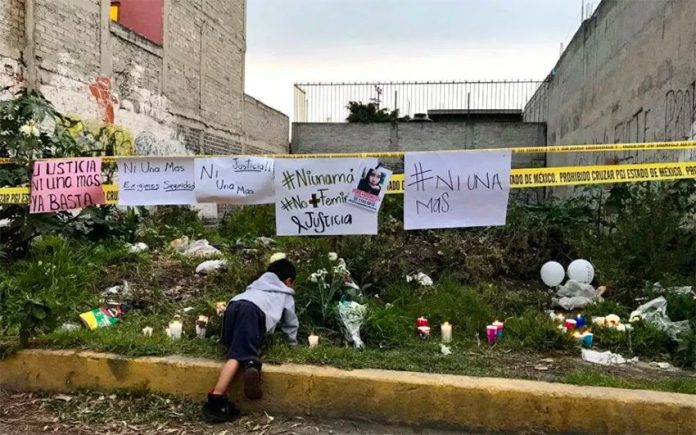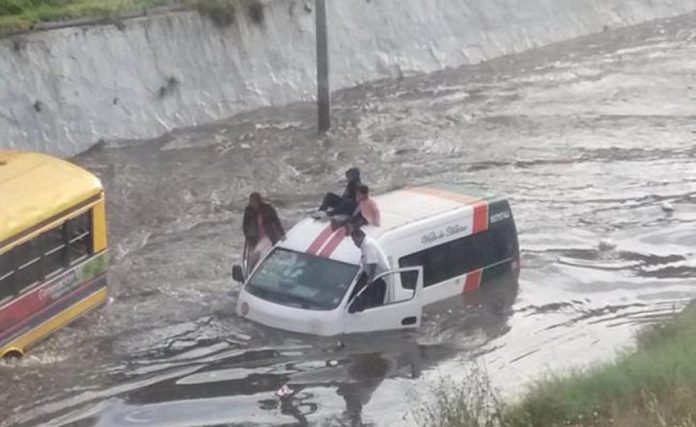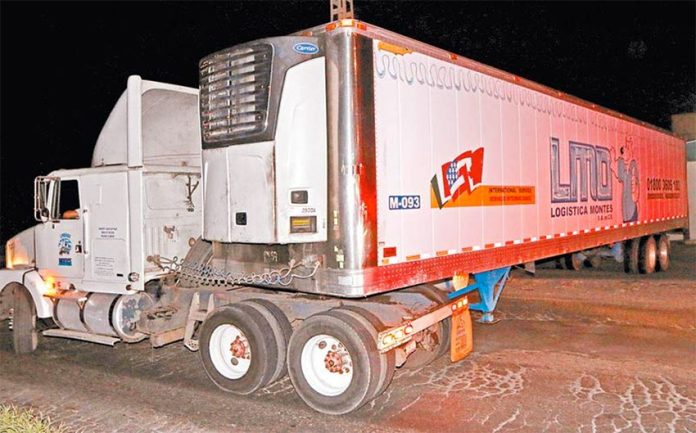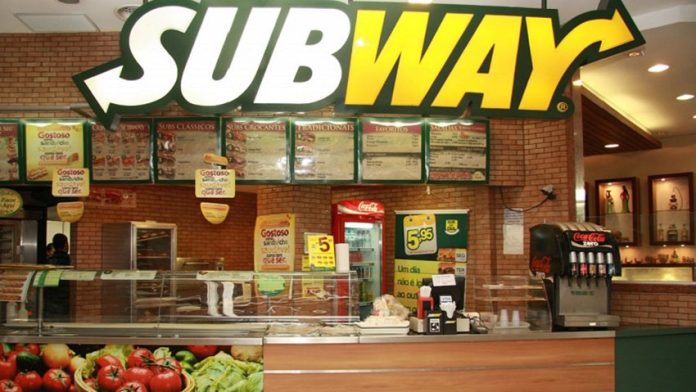The rule of law is weak in all 32 Mexican states, according to a new study which determined that Guerrero and Baja California Sur are the most lawless entities in the country.
The Mexican States Rule of Law Index 2018, released today by the World Justice Project (WJP), ranked all states according to their adherence to the rule of law.
The index provides scores for 42 performance indicators grouped into eight factors, which were calculated from a poll responded to by more than 25,000 citizens, questionnaires answered by more than 1,500 experts throughout the country, and third-party sources, the WJP said.
No state obtained a score above 0.5 on a scale of 0 to 1, with 1 indicating the strongest adherence to the law.
Corruption, the lack of clear regulatory measures, violence and impunity were the main factors that contributed to the weak rule of law that is prevalent across the country.
Yucatán fared best on the index, scoring 0.45, followed by Aguascalientes and Zacatecas, both of which achieved scores of 0.44.
At the other end of the scale, Guerrero — where drug gangs control swathes of territory such as the Tierra Caliente region — scored just 0.29 and Baja California Sur got 0.35.
Other states also included in the top 10 with the weakest rule of law were México, Sonora, Puebla and Quintana Roo, all of which scored 0.36, and Morelos, Mexico City, Veracruz and Jalisco, all with 0.37. The national average was 0.39.
“This is like having an immune system that doesn’t work,” said WJP researcher Jorge Morales.
“If you don’t take your vitamins, if you don’t look after the rule of law, which is the immune system, you’re weak. And then infections such as influenza come along, which could be a security crisis or a sudden violent event, you’re not prepared and the flu can turn into pneumonia,” he added.
“A weak rule of law has a negative impact on the lives of citizens,” said Alejandro Ponce, the study’s chief researcher.
“Today, Mexico is in a unique situation to enhance its institutions and ensure that laws are complied with. The WJP is committed to helping strengthen the rule of law in Mexico and will accompany this process through the release of analysis, evaluation and monitoring tools. The Mexican States Rule of Law Index is the first step in this regard,” he explained.
“We hope that this report will be used to set reference points on states’ performance regarding the rule of law, as well as inform and direct reforms, and identify successful local models that can be used to strengthen institutions in other regions of the country.”
Despite the low overall scores, WJP researchers pointed out that some states achieved noteworthy results in certain categories such as Guanajuato, Querétaro and Zacatecas with regard to controlling corruption and Yucatán on order and security.
Below is a summary of the best and worst performing states in the eight categories the study evaluated.
Constraints on government powers
Here the checks and balances in place in each state were assessed.
Some of the factors considered were the strength of the state legislature, whether elections are free and transparent, whether state laws stipulate penalties for corruption committed by government officials and whether there are strong independent actors such as social organizations and local media outlets.
The worst five states in the category were Guerrero, Baja California Sur, Veracruz, Coahuila and México state.
The best five were Nuevo León, Campeche, Aguascalientes, Baja California and Oaxaca.
2. Absence of corruption
Corruption was identified as the single biggest cause of the weak rule of law in Mexico. The national average of 0.35 was the lowest of all the categories evaluated.
Mexico City has the highest levels of corruption in the country, according to the study, possibly because a lot of bureaucratic procedures occur in the capital and bribing officials is relatively common.
The next worst were Guerrero, México state, Quintana Roo and Jalisco.
States with the lowest levels of corruption were Querétaro, Zacatecas, Guanajuato, Aguascalientes and Baja California.
3. Open government
The main factor evaluated in this category was government transparency.
The worst five states were Querétaro, Tlaxcala, Nayarit, Oaxaca and Tamaulipas.
The best five were Mexico City, Guanajuato, Jalisco, México state and Zacatecas.
4. Fundamental rights
The protection of human rights, such as the right to not be discriminated against and freedom of expression, were assessed in this category.
The worst five states were Guerrero, Veracruz, Puebla, Tamaulipas and México state, and the best five were Aguascalientes, Nuevo León, Querétaro, Colima and Chihuahua.
5. Order and security
This was another area that contributed significantly to the overall weak rule of law. The national average in the category was just 0.4 on the WJP index.
A factor in the results was that last year was the most violent year in at least two decades and this year is on track to be even worse.
The worst five states were Guerrero, México state, Morelos, Baja California and Chihuahua.
The best five were Yucatán, with a notable score of 0.77, followed by Coahuila, Durango, Chiapas and Hidalgo, all of which scored above 0.55.
6. Regulatory enforcement
This category examined how regulations are implemented and enforced in areas such as public health and the workplace as well as to protect the environment.
The worst five states were Sonora, Morelos, Nayarit, Tlaxcala and Guerrero.
Baja California, Querétaro, Zacatecas, Campeche and Nuevo León performed best but not one of them exceeded 0.5 on the index.
7. Civil justice
Citizens’ trust in their state’s justice institutions was evaluated in this category. Independence from government and perceived levels of corruption were among the factors assessed.
The worst five states were Guerrero, Nayarit, Veracruz, Puebla and San Luis Potosí.
The best five were Baja California, Zacatecas, Coahuila, Durango and Campeche.
8. Criminal justice
This category was also one of the heaviest weights on the overall weak rule of law, with a national average of just 0.38.
The biggest failure of the criminal justice system was considered to be ineffective criminal investigations which in turn result in high levels of impunity.
According to an investigation conducted by the organization Impunidad Cero (Zero Impunity), the probability of a crime being reported, investigated and solved in Mexico is just 1.14%.
The worst five states were Guerrero, Veracruz, Puebla, Mexico City and Quintana Roo,
The best five were Querétaro, Aguascalientes, Zacatecas, Yucatán and Morelos.
Source: Animal Político (sp)
